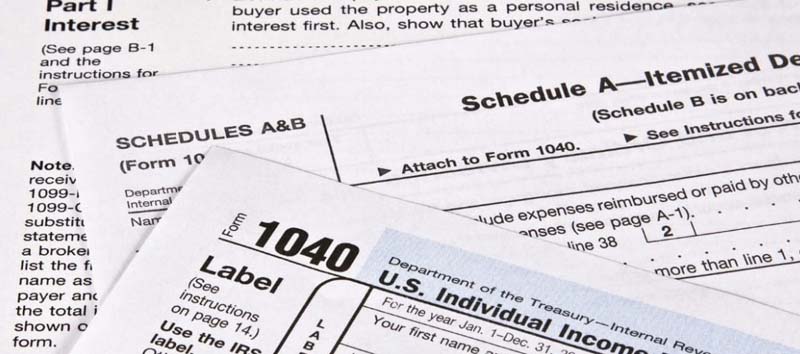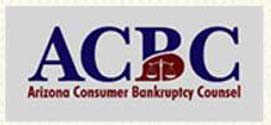
The answer to this question is yes and no. Or better yet, it’s complicated. This is a complex overlapping area of the law and there are many nuances and exceptions. It is not the intent of this article to provide any legal advice. An attorney specializing in the area should be consulted. The intent of this article is only to touch on main points to provide the reader with a basic background so that he or she may consult with an attorney and be able to ask intelligent questions. It would take an entire book to explain what taxes are dischargeable and when.
From a debtor’s perspective, taxes are dischargeable UNLESS:
- They are taxes from an unfiled tax return that was due 2 years prior to the filing of the bankruptcy;
- They are based on fraud;
- They are based on a willful attempt to evade tax liability;
- They are priority taxes.
Because fraud and tax evasion are in a league of their own, this article will focus on what are priority taxes, the requirements a tax claim must meet to be dischargeable, and when non-priority taxes also become non-dischargeable.
Priority taxes are personal income taxes that are less than three years old, or have been assessed by the IRS less than 240 days (about 8 months) prior to the bankruptcy filing.
Generally, to be dischargeable, a person income tax claim must meet 5 criteria:
- The tax must be more than 3 years old, calculated from the most recent tax year.
For example, if the tax for 2016 is due on 4/15/2017, it will become dischargeable in a bankruptcy on 4/16/2020. However, if an extension was filed, it prolongs the period of time for the tax to become dischargeable. State taxes follow the same pattern as federal taxes, except some states grant longer periods of time for their extensions and if a bankruptcy is filed before the 3-year period granted by the state extension, the state tax claim will not be dischargeable. There are many traps here for the unwary; that is why its best to consult an attorney.
- The return for the tax must have been filed more than 2 years prior to the bankruptcy.
To fail the 2-year rule, the tax return must be filed both late and filed less than two years prior to the bankruptcy filing.
If the tax is a non-priority tax but it fails to meet the requirements of dischargeability, and the debtor files a Chapter 13 Plan, the interest on the tax liability will continue to accrue during the length of the Plan, even if the underlying tax liability itself is discharged at the end of the Chapter 13. This will prevent the debtor from getting the fresh start he or she anticipated.
If a tax return is not filed, the IRS may file a substitute for return (SFR). This is usually a blank document that is followed by an actual IRS assessment. If the tax payer files a tax return after receiving the SFR but before the assessment is made, most courts will find the return to be sufficient to begin the 2-year period. However, if the tax return is filed after the assessment, the position of the IRS and most courts is that this is not a valid return for purposes of the 2-year rule, since nothing new is added. But if the debtor’s post-assessment tax return has numbers substantially different from the IRS’s assessment, many courts will find this to be a valid return to begin the 2-year period.
- The tax must have been assessed more than 240 days prior to the date of the bankruptcy filing.
If the IRS assessment comes within 240 days of the bankruptcy filing, the tax debt will be a non-dischargeable priority debt. The assessment date for counting the days is a specific event identifiable in the IRS tax transcript. A caution to the unwary is that if the IRS makes additional assessments after the original assessment, each new assessment triggers a new 240-day period.
There is a 3-year statute of limitations in which the IRS must make the assessment or lose its right to do so. The 3-year rule begins on the day the original return is filed. However, the 3-year statute of limitations may be tolled while the debtor is in bankruptcy, has an offer of compromise pending, or a substitute or amended return has been filed.
There is also such a thing as “the sleeping audit.” This occurs when a tax claim meets the 3 requirements to be dischargeable in bankruptcy, but while the tax is more than 3 years old and the return was filed more than 2 years ago, it was filed before the 3-year statute of limitations is up, giving the IRS the ability to audit and assess any additional tax after the debtor gets a discharge in bankruptcy. These are some of the nuances and traps for the unwary to watch out for.
It is important to analyze each tax claim and perhaps wait before filing for bankruptcy until all the requirements for the discharge have been met. None of the information discussed here is an attempt to give legal advice. Every debtor’s circumstances are different and each tax claim requires an individualized analysis.




